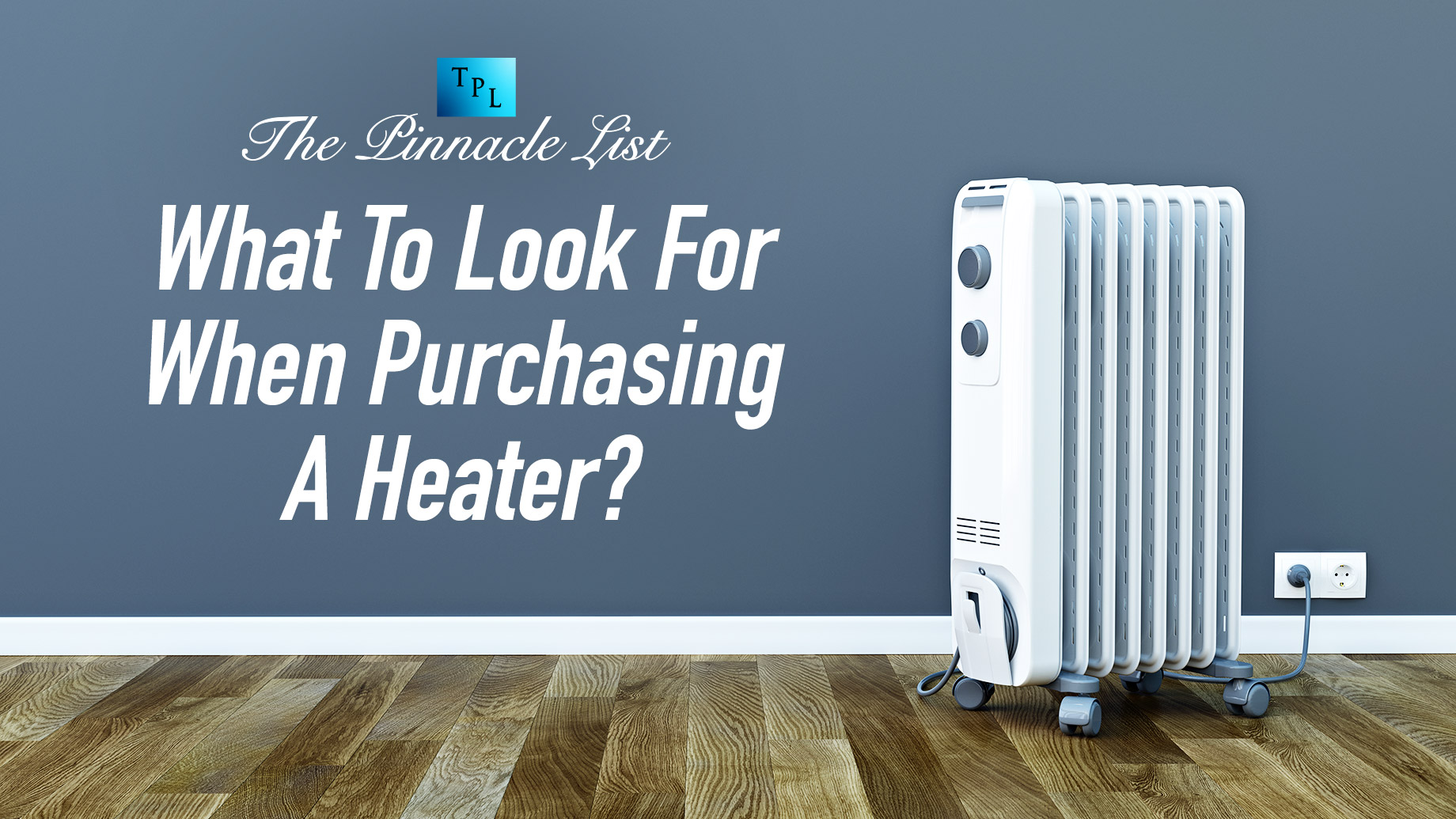
Heaters are used to provide comfortable living spaces. Choosing a heater is not a decision lightly. Heater installation can be complicated, and there are a lot of choices on the market. It is essential to consider these factors before buying any heater.
Heater Size
When buying a heater, size is probably one of the last things you think about; however, it’s important to consider! Heaters come in various sizes, and there are different ways to measure them.
The most common measurement for heaters is in terms of diameter, which refers to the overall size. The main reason is heaters are often used to heat large rooms or areas with high ceilings. You can also measure the height of the heater, which will give you an idea of what kind of room it can heat.
Type of Room
When purchasing a heater, it is crucial to consider the type of room in which you will be using it. Kitchen heaters are best suited for rooms with a high degree of activity and frequent cooking. Living room heaters are suitable for rooms with a more relaxed atmosphere. Office/study heaters are great for areas where students or employees spend most of their time at work. Bedding room heaters help keep the temperature comfortable throughout the night and provide a pleasant atmosphere for guests who may need extra comfort during their visit.
Purpose
Heating only: A wall-mounted heater is the best choice if you need a heater to heat an entire space. These units can be installed in any room and positioned as close to the floor as possible to heat the floor and keep it warm. They also tend to be more energy efficient than floor models.
Heating plus drying clothes and wet floors: If you want to dry clothes and keep your floors warm simultaneously, consider a combination model that uses heating and drying technology. These models are designed to run on electricity, so they’re more efficient than other types of heating solutions.
Fuel Used
There are a variety of factors to consider when purchasing a heater. One factor you should consider is the fuel used to power the heater. These are clean and efficient, meaning they will not emit harmful chemicals into the air.
If you are looking for a heater for an office or business that requires heating during the winter, it is best to choose an electric model instead of an oil-burning model. Oil-burning models require more maintenance than their electric counterparts and often have parts that break easily over time due to wear and tear.
Safety Features
When purchasing a heater, it is essential to consider safety features such as a tip-over switch, a built-in thermostat, and overheat protection. A tip-over switch shuts off the power to the heater if it tips over. You should also purchase one with a built-in thermostat to set the temperature you want your heater to operate at. Overheat protection will stop your heater from working if it becomes too hot.
Conclusion
Heaters are just one small part of a more extensive household system, be it heating and air conditioning or the energy that powers your home. We hope we’ve provided you with all the information you need to determine which type of heater will work best for you. No matter what you decide, just make sure that everything works together and that each component can do what it’s supposed to. Call your HVAC professional if you have questions about how everything works together. They should be able to answer questions about your heater and how it compares with others.